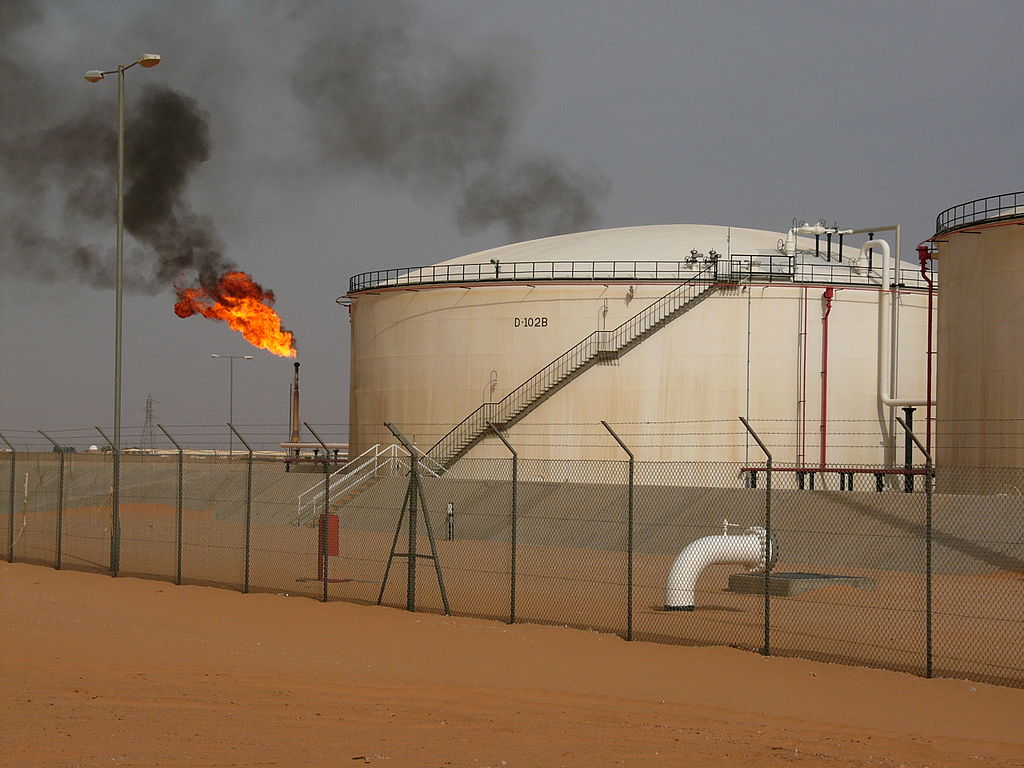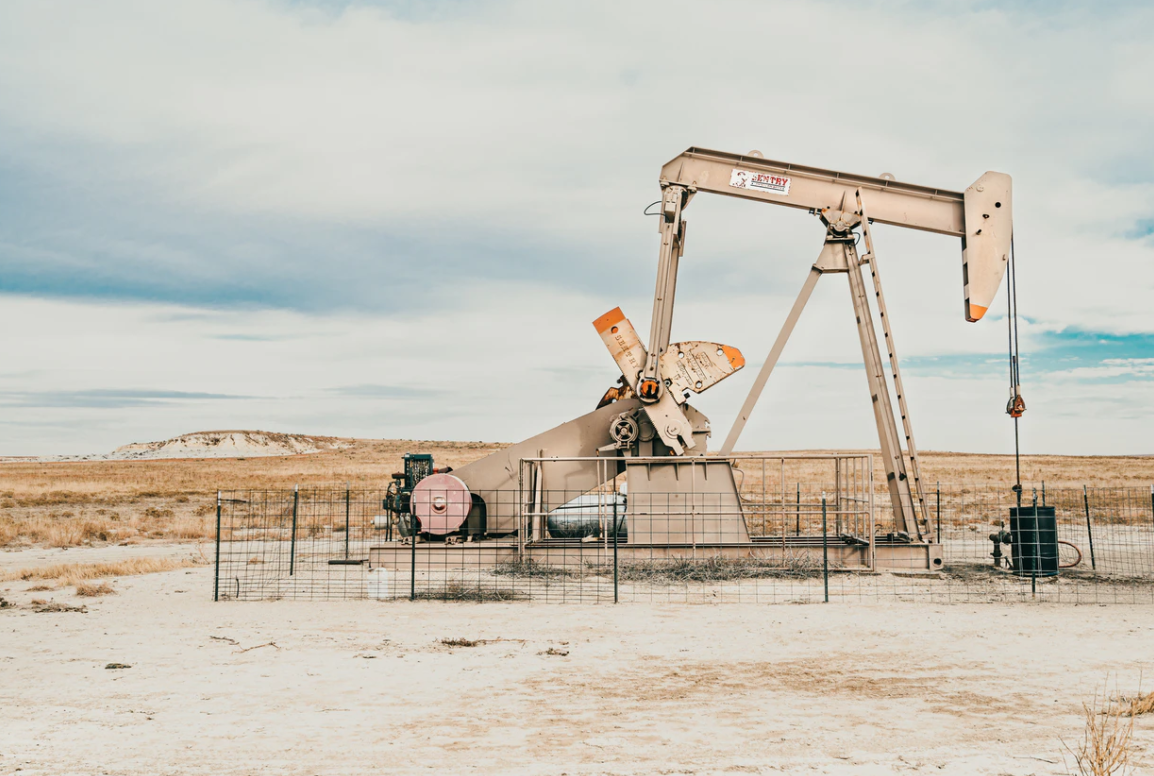Since the appointment of Fathi Bachaga as the new Prime Minister by Parliament last February and the refusal of former Prime Minister Abdel Hamid Dbeiba to cede power, Libya has faced a political stalemate threatening its oil production. In addition to directly impacting the Libyan population, the situation has repercussions on international prices, while the Ukrainian conflict has already led to a significant increase in oil and gas prices.
While the Libyan oil sector already saw its activity disrupted at the start of the year with the closure of several oil fields leading to a substantial drop in production (946,000 b/d in January against 1.1 M b/d in December and 1 .2 M b/d in November 2021), the political conflict between the two executive powers has exacerbated production difficulties.
Indeed, in recent weeks, the NOC (National Oil Corporation) has been forced to declare a state of force majeure and to close new fields following waves of protests near them. The demonstrators, close to the former regime in the East, are demanding the resignation of interim Prime Minister A. Dbeiba.
The region of Zouetina, in eastern Libya, affected by these disturbances, is one of the largest oil-producing areas in the country and has one of the largest oil export ports. According to the Libyan oil ministry, the halt in production would cause significant material damage to reservoirs, equipment and oil facilities, but also disruptions in electricity production linked to gas cuts in power plants.

In addition to directly impacting the Libyan population, the situation has repercussions on international prices, while the Ukrainian conflict has already led to a significant increase in oil and gas prices.
On April 27, the United States expressed “deep concern” over the oil blockade and called on Libyan leaders to end it immediately.
Bachaga’s government visited the oil crescent area at the end of April to hold a dialogue with the demonstrators. The latter expressed their opposition to the use of oil revenues by the former government without legal basis and criticized the lack of transparency in the distribution, use and management of these funds. Following these exchanges, Prime Minister Bachaga demanded from the President of the NOC, Mustafa Sanalla, the establishment of an agreement on specific and strict mechanisms guaranteeing the independence of oil revenues.
The closure of oil fields and export ports would represent a shortfall of USD 60 million per day for Libya, or the equivalent of 500,000 barrels per day.
Source Embassy of France in Libya








Réagissez à cet article